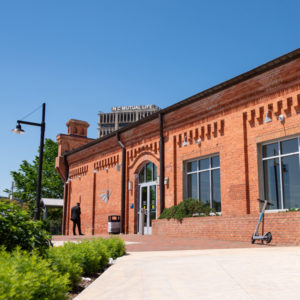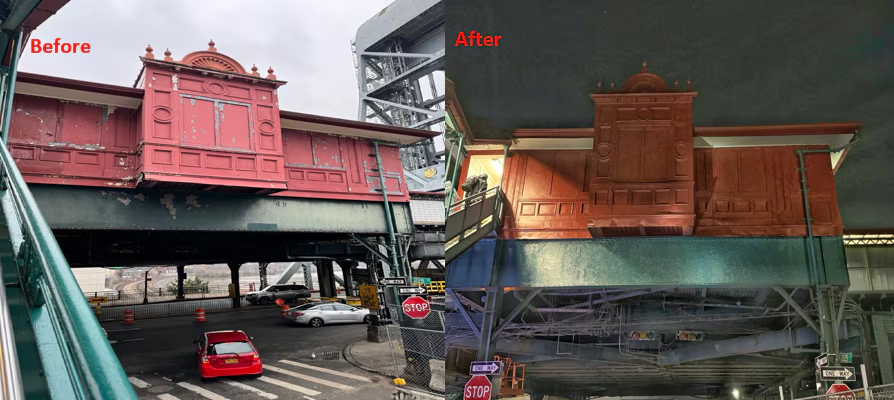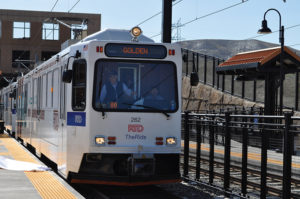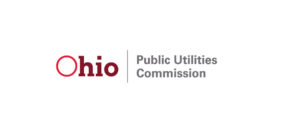Montreal’s STM presents 2011-2013 Triennial Capital Expenditures Plan
Written by jroodThe Société de transport de Montréal (STM) presented its Triennial Capital Expenditures Plan outlining the estimated C$1.9 billion in expenditures planned for 2011-2013 and their effects on subsequent years. Such investments are needed to replace or upgrade equipment and infrastructure that already have or will reach the end of their service life in the next few years, including métro railcars and a number of buses, among others.
"The 2011-2013 TCEP
features 76 projects, nine of which account for 92 percent of all capital
spending, for a total of C$1.7 billion. These projects are tied directly to the
2020 Strategic Plan, whose ambition is to meet the population’s need for
sustainable mobility by being the most productive public transit network in
North America. This will help establish Montréal as an agglomeration
widely-acknowledged for its quality of life, in addition to being a prosperous
economic centre, with strong environmental values. These major projects will
help to improve service reliability and punctuality, as well as the quality of
client information, to create a safe, friendly and pleasant environment, and to
improve universal accessibility," indicated STM Chairman Michel Labrecque,
The share of investments
dedicated to the métro system represents C$1.1 billion, of which C$504.7 million
is earmarked for the procurement of métro railcars and the upgrading of
equipment and workshops. A total of C$374.3 million is directed to the Réno-Systèmes
programme, while phase I of the Réno-Infrastructures programme will see
investments of C$104.5 million, of which C$53.5 million is set aside for phase
I of the major renovations at Berri-UQAM station.
In addition to these sums,
starting in 2013, C$75 million will serve to establish the tramway network, as
it will help with the urban development and re-development of certain strategic
areas which, in turn, will improve the quality and level of transit service,
while optimally complementing other modes of transportation. The overall cost
of the project is set at C$750 million. As for projects pertaining to the
administrative sector, they represent one percent of the STM’s overall
investment spending, for a total of C$21.9 million.
For the 2011-2013 period,
although most projects qualify for a 50-percent-to-100-percent subsidy, the
federal and provincial governments, as well as the Montréal agglomeration, will
be financing 81 percent of capital expenditures for a total of C$1.5 billion.
Financing will be shared by Transports Québec for 61 percent, the federal
government for 16 percent and the agglomeration for four percent. The STM will
finance the difference, or some 19 percent of investments, for a total amount
of C$363.8 million.
"These investments are
needed to ensure that transit operations run smoothly and to continue improving
services and their quality. We are convinced that dedicating new sources of
stable and recurrent funding to public transportation is absolutely
fundamental, otherwise the STM will be unable to ensure its development or
support its growth," concluded Labrecque.





